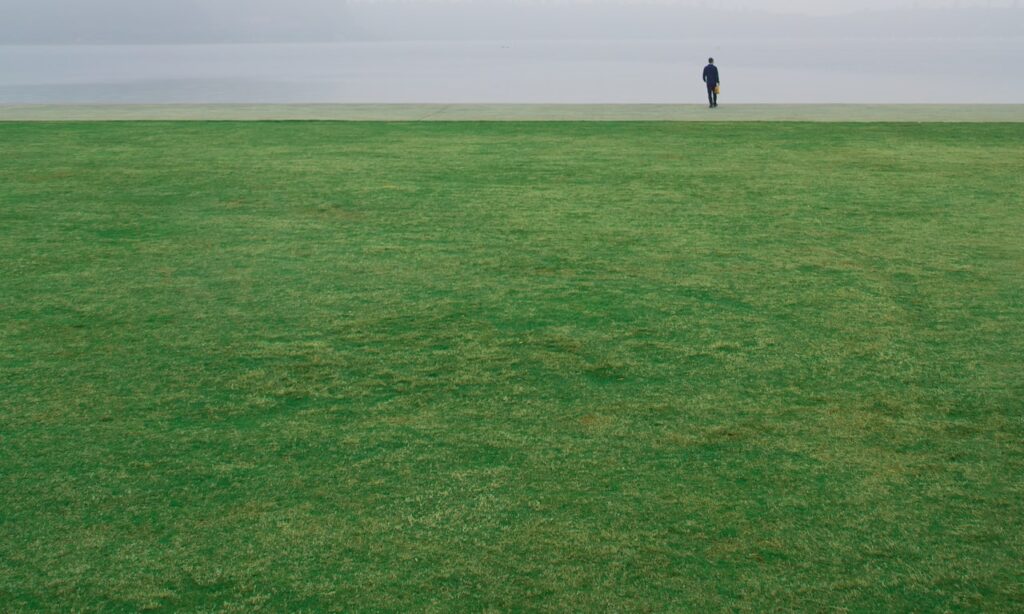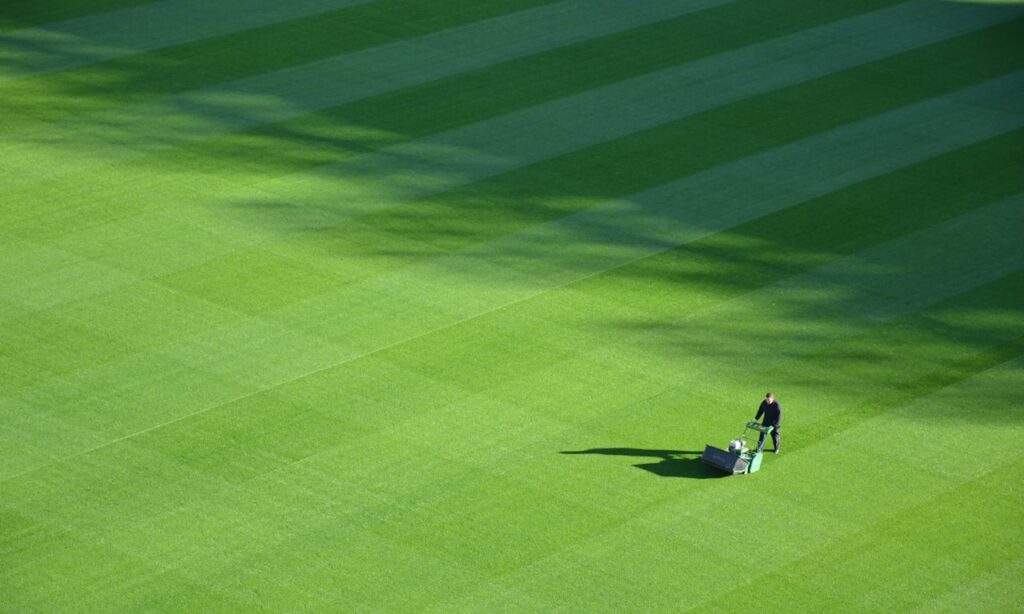Key Takeaway
worm farms can certainly eat macrocarpa hedge trimmings, presenting a precious supply of organic count for nutrient-rich compost. Right education and control are important to maximize the efficiency of processing macrocarpa hedge trimmings in worm farms.
Feeding a diverse weight loss plan of organic count number to worm farms, which include macrocarpa hedge trimmings, can contribute to a greater sustainable and efficient waste control gadget. The compost created from computer virus farms consuming macrocarpa hedge trimmings can improve garden soil, beautify plant increase, and promote environmental sustainability.
Key Points
- trojan horse farms can devour macrocarpa hedge trimmings
- malicious program farms can eat a ramification of organic rely
- Worms in a farm are detritivores
- Feeding trimmings enriches compost best
- put together trimmings with the aid of shredding or reducing
- preserve right moisture and aeration
- high lignin content can sluggish decomposition
- monitor temperature, moisture, and pH tiers
- Compost can enhance lawn soil and plant growth
- Macrocarpa trimmings can make contributions to sustainable waste control
Let’s get started!
Can bug farms devour macrocarpa hedge trimmings?
Verily, computer virus farms can partake of macrocarpa hedge trimmings, supplied they may be prepared inside the proper manner. Macrocarpa hedge trimmings can provide a precious supply of natural be counted for worm farms, assisting inside the creation of nutrient-wealthy compost.
What types of organic remember can malicious program farms eat?
malicious program farms can eat a big selection of organic count, including fruit and vegetable scraps, espresso grounds, tea luggage, eggshells, and shredded paper. It is important to refrain from feeding them meat, dairy, oily meals, and citrus fruits, as these can be unfavorable to the worms and disrupt the stability of the worm farm atmosphere.
Comprehending the weight loss program of worms in a trojan horse farm
Worms in a worm farm are on the whole detritivores, meaning they consume decomposing organic be counted. Their weight loss plan consists of microorganisms, fungi, and micro organism that destroy down natural depend, as well as the natural be counted itself. This technique effects within the production of nutrient-wealthy castings, which are a valuable shape of compost.
blessings of feeding macrocarpa hedge trimmings to bug farms
Feeding macrocarpa hedge trimmings to computer virus farms can provide a sustainable way to cast off garden waste while additionally enriching the first-class of the compost produced. The lignin-rich nature of macrocarpa hedge trimmings can make contributions to the overall shape and stability of the compost.
the way to prepare macrocarpa hedge trimmings for intake by using computer virus farms
previous to feeding macrocarpa hedge trimmings to malicious program farms, it’s far critical to shred or chop the trappings into smaller pieces. This will increase the surface place to be had for the worms to consume and quickens the decomposition manner. Permitting the trappings to partly decompose before adding them to the computer virus farm is also useful.
hints for maximizing the efficiency of worm farms in processing macrocarpa hedge trimmings
to maximise the performance of worm farms in processing macrocarpa hedge trimmings, it’s far important to keep the right moisture stages and aeration inside the malicious program farm. Additionally, balancing the carbon-to-nitrogen ratio of the feedstock can help optimize the decomposition process.
potential demanding situations in feeding macrocarpa hedge trimmings to malicious program farms
One capability task in feeding macrocarpa hedge trimmings to bug farms is the high lignin content material, which could take longer to decompose as compared to other natural count. This could doubtlessly slow down the overall composting method if now not managed nicely.
the way to maintain a wholesome surroundings for worms while feeding them macrocarpa hedge trimmings
To keep a healthful environment for worms while feeding them macrocarpa hedge trimmings, it is essential to reveal the temperature, moisture degrees, and pH of the computer virus farm. Supplying a various weight-reduction plan and averting overfeeding also can make a contribution to the general properly-being of the worms.
What to do with the compost constructed from bug farms ingesting macrocarpa hedge trimmings
The compost made from trojan horse farms ingesting macrocarpa hedge trimmings can be used to enhance lawn soil, improve plant boom, and decorate soil structure. It’s far a valuable and sustainable manner to recycle natural waste and promote environmental sustainability.
end: The ability of using macrocarpa hedge trimmings as feed for worm farms
Feeding macrocarpa hedge trimmings to worm farms has the capability to contribute to a extra sustainable and efficient waste management gadget. With proper training and control, macrocarpa hedge trimmings can be a treasured source of organic depend for trojan horse farms, in the long run main to the manufacturing of nutrient-wealthy compost.
Can bug farms devour macrocarpa hedge trimmings?
Yes, worm farms can consume macrocarpa hedge trimmings if they are prepared properly. The hedge trimmings can provide a valuable source of organic matter for worm farms, aiding in the creation of nutrient-rich compost.
What types of organic matter can worm farms eat?
Worm farms can eat a wide variety of organic matter, including fruit and vegetable scraps, coffee grounds, tea bags, eggshells, and shredded paper. It is important to avoid feeding them meat, dairy, oily foods, and citrus fruits, as these can be harmful to the worms and disrupt the balance of the worm farm environment.
Understanding the diet of worms in a worm farm
Worms in a worm farm are primarily detritivores, meaning they consume decomposing organic matter. Their diet consists of microorganisms, fungi, and bacteria that break down organic matter, as well as the organic matter itself. This process results in the production of nutrient-rich castings, which are a valuable form of compost.
Benefits of feeding macrocarpa hedge trimmings to worm farms
Feeding macrocarpa hedge trimmings to worm farms can provide a sustainable way to dispose of garden waste while also enriching the quality of the compost produced. The lignin-rich nature of macrocarpa hedge trimmings can contribute to the overall structure and balance of the compost.
How to prepare macrocarpa hedge trimmings for consumption by worm farms
Prior to feeding macrocarpa hedge trimmings to worm farms, it is important to shred or chop the trimmings into smaller pieces. This increases the surface area available for the worms to consume and accelerates the decomposition process. Allowing the trimmings to partially decompose before adding them to the worm farm is also beneficial.
Tips for maximizing the efficiency of worm farms in processing macrocarpa hedge trimmings
To maximize the efficiency of worm farms in processing macrocarpa hedge trimmings, it is important to maintain the proper moisture levels and aeration in the worm farm. Additionally, balancing the carbon-to-nitrogen ratio of the feedstock can help optimize the decomposition process.
Potential challenges in feeding macrocarpa hedge trimmings to worm farms
One potential challenge in feeding macrocarpa hedge trimmings to worm farms is the high lignin content, which may take longer to decompose compared to other organic matter. This could potentially slow down the overall composting process if not managed well.
How to maintain a healthy environment for worms while feeding them macrocarpa hedge trimmings
To maintain a healthy environment for worms while feeding them macrocarpa hedge trimmings, it is essential to monitor the temperature, moisture levels, and pH of the worm farm. Providing a diverse diet and avoiding overfeeding can also contribute to the overall well-being of the worms.
What to do with the compost produced from worm farms eating macrocarpa hedge trimmings
The compost made from worm farms eating macrocarpa hedge trimmings can be used to improve garden soil, enhance plant growth, and improve soil structure. It is a valuable and sustainable way to recycle organic waste and promote environmental sustainability.
Conclusion: The potential of using macrocarpa hedge trimmings as feed for worm farms
Feeding macrocarpa hedge trimmings to worm farms has the potential to contribute to a more sustainable and efficient waste management system. With proper preparation and management, macrocarpa hedge trimmings can be a valuable source of organic matter for worm farms, ultimately leading to the production of nutrient-rich compost.


